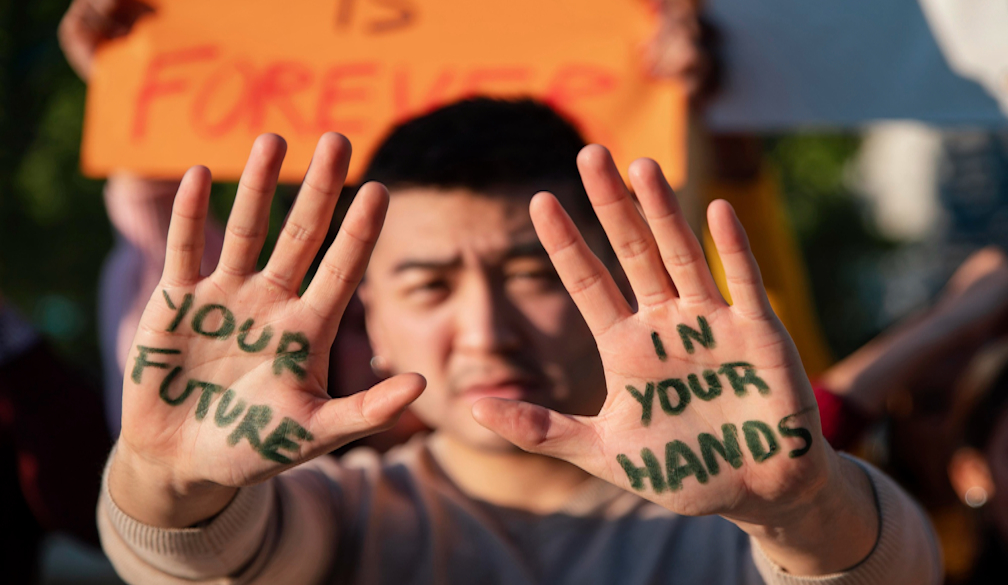Unlocking Financial Freedom: Empowerment Strategies for Survivors of Domestic Violence

In the journey toward healing and independence, survivors of domestic violence face numerous challenges, one of the most significant being achieving financial autonomy. Financial abuse, a common tactic used by abusers to exert control and power, leaves many survivors with limited access to money, poor credit, and scant understanding of their financial situation. However, reclaiming financial control is not only empowering but also critical for forging a path to safety and long-term security.
This blog post explores actionable strategies and resources aimed at empowering survivors with the knowledge, skills, and confidence needed to achieve financial independence.
The Foundation of Financial Empowerment
- Financial Education: Knowledge is power – understanding the basics of budgeting, saving, investing, and managing debt lays the groundwork for financial independence. Many non-profits and community organisations offer free or low-cost financial literacy programs tailored to survivors of domestic violence, providing a safe and supportive environment to learn and ask questions.
- Access to Resources: Finding reliable assistance can be transformative. The term domestic violence financial assistance encompasses a variety of support services designed to help survivors navigate their financial recovery. These resources may include emergency funds, housing assistance, scholarship programs for education and training, and legal aid to address financial disputes and reclaim assets.
- Personal Financial Planning: Crafting a personalised financial plan is a step toward regaining autonomy. This process involves setting realistic short and long-term financial goals, creating a budget, establishing an emergency fund, and repairing credit. Free financial counselling services, often available through domestic violence agencies, can provide guidance tailored to the unique challenges faced by survivors.
- Employment and Education Opportunities: Economic independence is closely tied to employment. Employment provides not only an income but also a sense of purpose and community – look for programs that offer vocational training, resume-building workshops, and job placement services for survivors. Additionally, scholarships and grants specifically for survivors can provide access to education and training needed to enter or re-enter the workforce.
- Building a Support Network: Financial empowerment is not a journey to be undertaken alone. Support from peers, mentors, and professionals can provide encouragement, share knowledge, and offer practical assistance. Many organisations dedicated to aiding survivors of domestic violence host support groups and networking events to connect individuals with others who have faced similar challenges.
Empowerment Through Action
Achieving financial independence as a survivor of domestic violence is a process that requires patience, resilience, and support. By leveraging available resources and embracing the journey of financial education and planning, survivors can lay the foundation for a secure and empowered future. Remember, financial freedom is more than just numbers on a bank statement; it’s about reclaiming control over your life and making choices that align with your values and aspirations.


















